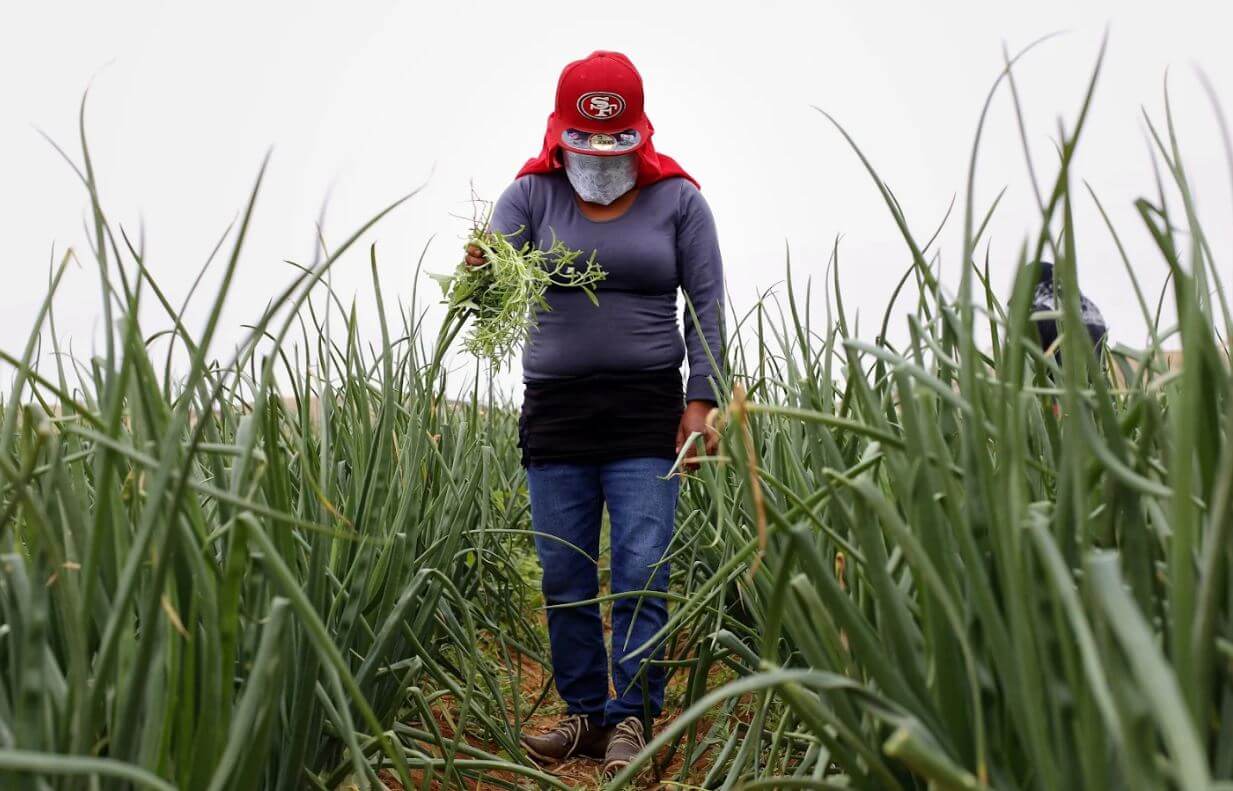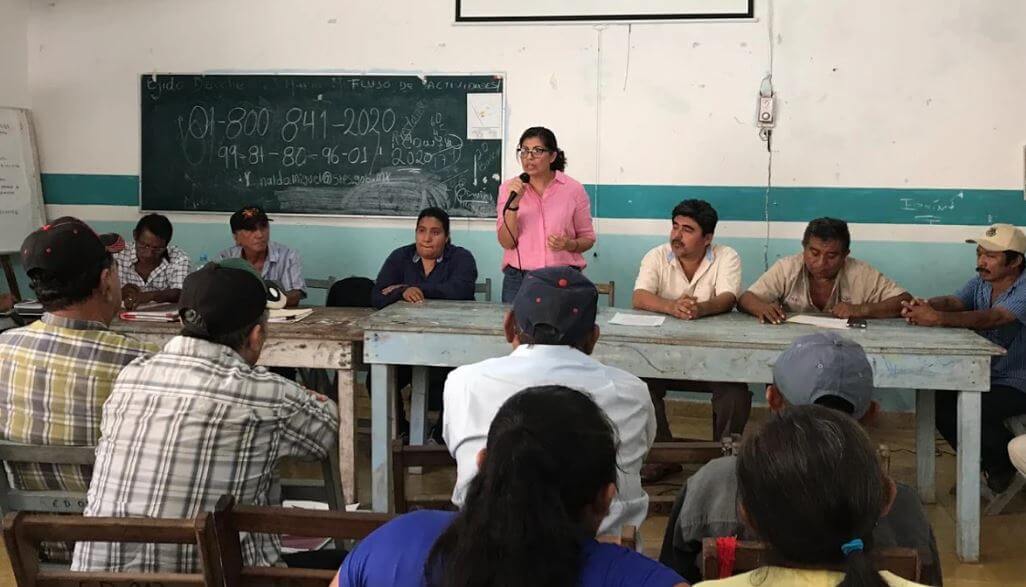The Economic, Social, and Cultural Rights Project, (Proyecto de Derechos Económicos, Sociales y Culturales, A.C./ProDESC) is a Mexican intersectional feminist human rights defense organization founded in 2005 by Alejandra Ancheita, a lawyer and human rights defender.
With the implementation of the comprehensive defense method, designed under a series of strategic guidelines, the ProDESC team defends and accompanies community processes focusing on three fundamental rights.
Right to land and territory
Human rights at work
Right to defend rights

THE COMPREHENSIVE DEFENSE METHOD IS AN INNOVATIVE PROPOSAL IN MEXICO; IT IS A LIVING PROCESS THAT IS IMPROVED AND BECOMES COMPLEMENTED WITH THE PASSING OF TIME

ProDESC’s main goal is to defend and promote Economic, Social, and Cultural Rights (ESCRs) in order to contribute to their enforcement, justiciability (the possibility to demand compliance in the courts of justice) and claimability, thus constructing a more just and equitable society.
In view of the lack of appropriate public policies for people -particularly women- to access ESCRs and institutionalized decision-making processes, ProDESC has developed a comprehensive defense method to face the issues afflicting their target population.
COMPREHENSIVE DEFENSE: AN INNOVATIVE METHOD
The comprehensive defense method is an accompaniment model that ProDESC applies in order to address violations to the economic, social, and cultural rights of communities and collectives. This proposal, which is unique to Mexico, is refined and complemented over time in a joint creative exercise that involves communities and collectives as a central element.
The comprehensive defense method is based on a series of strategic guidelines which when applied harmoniously increase the likelihood for communities and collectives not only in Mexico, but also in the Global South to gain access to justice and enjoy economic, social, and cultural rights. These guidelines are as follows:

National and international strategic human rights litigation.

Analysis of key information for human rights defense.

Advocacy work with public and private actors engaged in the field of human rights.

Strategic communication with narratives that confront the hegemonic discourse.

Organizational strategies to strengthen collective subjects.

Education and training for human rights defenders.

Corporate research aimed at comprehensive human rights defense.
WHAT ARE ESCRs
The Economic, Social, and Cultural Rights (ESCRs) are recognized by the Universal Declaration of Human Rights, specifically the International Covenant on Economic, Social, and Cultural Rights adopted in 1966. The ESCRs refer to rights such as the right to health, food, education, employment, housing, and respect for cultural identities.
ProDESC’s main goal is to defend and promote Economic, Social, and Cultural Rights in order to contribute to their enforcement, justiciability (the possibility to demand compliance in the courts of justice) and claimability, thus constructing a more just and equitable society.
In Mexico, the lack of appropriate public policies for people to gain access to ESCRs has increased poverty levels among the most vulnerable sectors of the population, not only excluded from the national economic system, but also from development strategies and political representation.
In addition, in view of the visible collusion between the State and enterprises as actors that generate human rights violations, it is important to note that not only must the State adhere to the international standards that protect ESCRs, but also national and transnational companies are obliged to respect and promote them.
